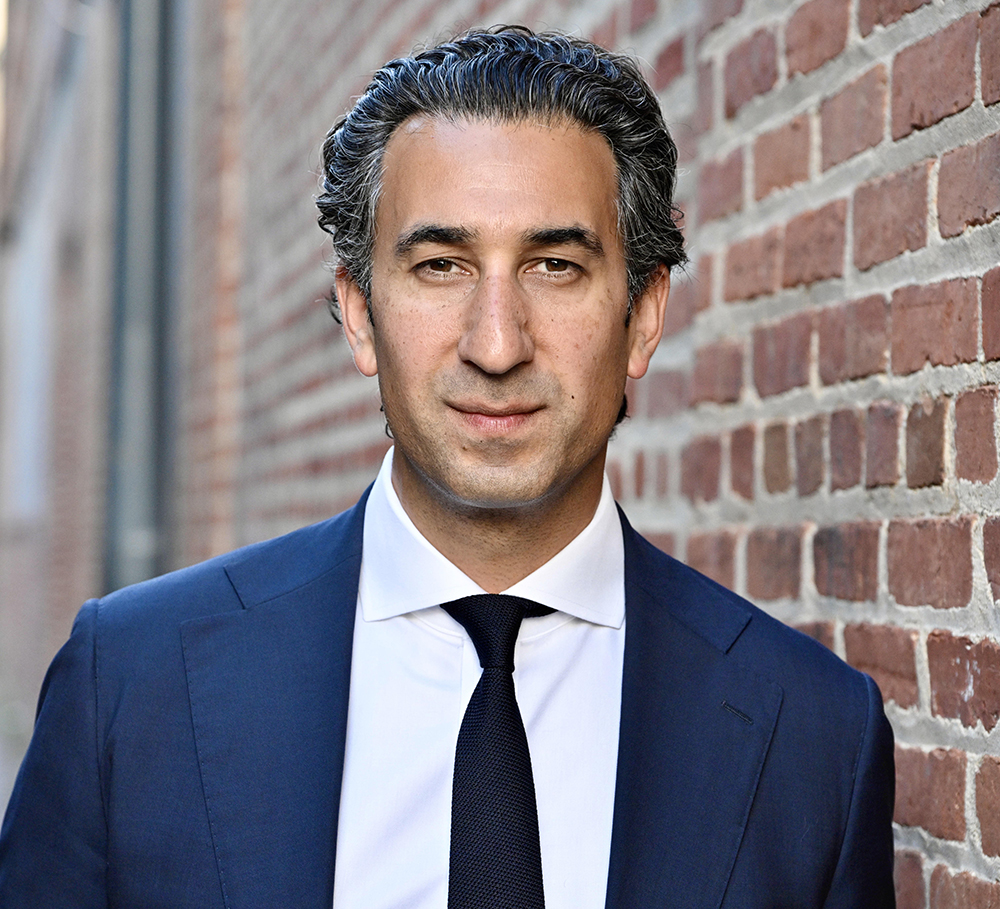Christopher Boucek
{
"authors": [
"Christopher Boucek"
],
"type": "legacyinthemedia",
"centerAffiliationAll": "dc",
"centers": [
"Carnegie Endowment for International Peace",
"Malcolm H. Kerr Carnegie Middle East Center"
],
"collections": [
"Arab Awakening"
],
"englishNewsletterAll": "menaTransitions",
"nonEnglishNewsletterAll": "",
"primaryCenter": "Carnegie Endowment for International Peace",
"programAffiliation": "MEP",
"programs": [
"Middle East"
],
"projects": [],
"regions": [
"Middle East",
"Yemen",
"Gulf"
],
"topics": [
"Political Reform",
"Economy"
]
}
Source: Getty
Yemen on the Edge
As international attention remains focused on the protests calling for the removal of Yemeni President Ali Abdullah Saleh, the country’s manifold economic problems threaten Yemen and the region.
Source: CSPAN's Washington Journal

However, Boucek warned that while international attention focuses on the political protests, Yemen’s struggling economy is being overlooked. If drastic measures aren’t taken to address Yemen’s manifold economic problems, Boucek said, it could lead to disastrous consequences.
About the Author

Former Associate, Middle East Program
Boucek was an associate in the Carnegie Middle East Program where his research focused on security challenges in the Arabian Peninsula and Northern Africa.
- Yemen After Saleh’s Return and Awlaki’s ExitQ&A
- Rivals—Iran vs. Saudi ArabiaQ&A
Christopher Boucek, Karim Sadjadpour
Recent Work
Carnegie does not take institutional positions on public policy issues; the views represented herein are those of the author(s) and do not necessarily reflect the views of Carnegie, its staff, or its trustees.
More Work from Carnegie Endowment for International Peace
- What We Know About Drone Use in the Iran WarCommentary
Two experts discuss how drone technology is shaping yet another conflict and what the United States can learn from Ukraine.
Steve Feldstein, Dara Massicot
- Beijing Doesn’t Think Like Washington—and the Iran Conflict Shows WhyCommentary
Arguing that Chinese policy is hung on alliances—with imputations of obligation—misses the point.
Evan A. Feigenbaum
- A China Financial Markets PostCommentary
Description of the post.
Michael Pettis
- Axis of Resistance or Suicide?Commentary
As Iran defends its interests in the region and its regime’s survival, it may push Hezbollah into the abyss.
Michael Young
- The Kremlin Is Destroying Its Own System of Coerced VotingCommentary
The use of technology to mobilize Russians to vote—a system tied to the relative material well-being of the electorate, its high dependence on the state, and a far-reaching system of digital control—is breaking down.
Andrey Pertsev











